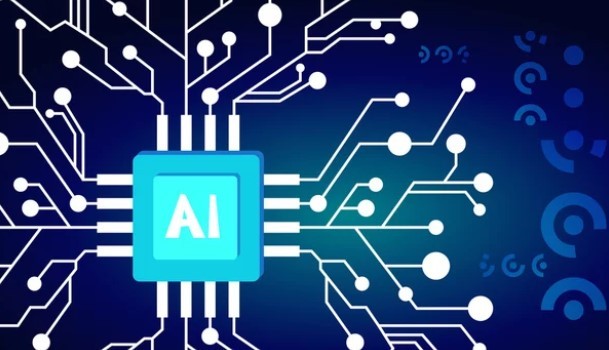Artificial Intelligence (AI) holds great promise for improving the delivery of healthcare and medicine worldwide, but only if ethics and human rights are put at the heart of its design, deployment, and use, according to new WHO guidance published today.
The report, Ethics and governance of artificial intelligence for health, is the result of 2 years of consultations held by a panel of international experts appointed by WHO.
“Like all new technology, artificial intelligence holds enormous potential for improving the health of millions of people around the world, but like all technology it can also be misused and cause harm,” said Dr Tedros Adhanom Ghebreyesus, WHO Director-General. “This important new report provides a valuable guide for countries on how to maximize the benefits of AI, while minimizing its risks and avoiding its pitfalls.”
Artificial intelligence can be, and in some wealthy countries is already being used to improve the speed and accuracy of diagnosis and screening for diseases; to assist with clinical care; strengthen health research and drug development, and support diverse public health interventions, such as disease surveillance, outbreak response, and health systems management.

AI could also empower patients to take greater control of their own health care and better understand their evolving needs. It could also enable resource-poor countries and rural communities, where patients often have restricted access to health-care workers or medical professionals, to bridge gaps in access to health services.
However, WHO’s new report cautions against overestimating the benefits of AI for health, especially when this occurs at the expense of core investments and strategies required to achieve universal health coverage.
It also points out that opportunities are linked to challenges and risks, including unethical collection and use of health data; biases encoded in algorithms, and risks of AI to patient safety, cybersecurity, and the environment.
For example, while private and public sector investment in the development and deployment of AI is critical, the unregulated use of AI could subordinate the rights and interests of patients and communities to the powerful commercial interests of technology companies or the interests of governments in surveillance and social control.
The report also emphasizes that systems trained primarily on data collected from individuals in high-income countries may not perform well for individuals in low- and middle-income settings.
AI systems should therefore be carefully designed to reflect the diversity of socio-economic and health-care settings. They should be accompanied by training in digital skills, community engagement and awareness-raising, especially for millions of healthcare workers who will require digital literacy or retraining if their roles and functions are automated, and who must contend with machines that could challenge the decision-making and autonomy of providers and patients.
Ultimately, guided by existing laws and human rights obligations, and new laws and policies that enshrine ethical principles, governments, providers, and designers must work together to address ethics and human rights concerns at every stage of an AI technology’s design, development, and deployment.






